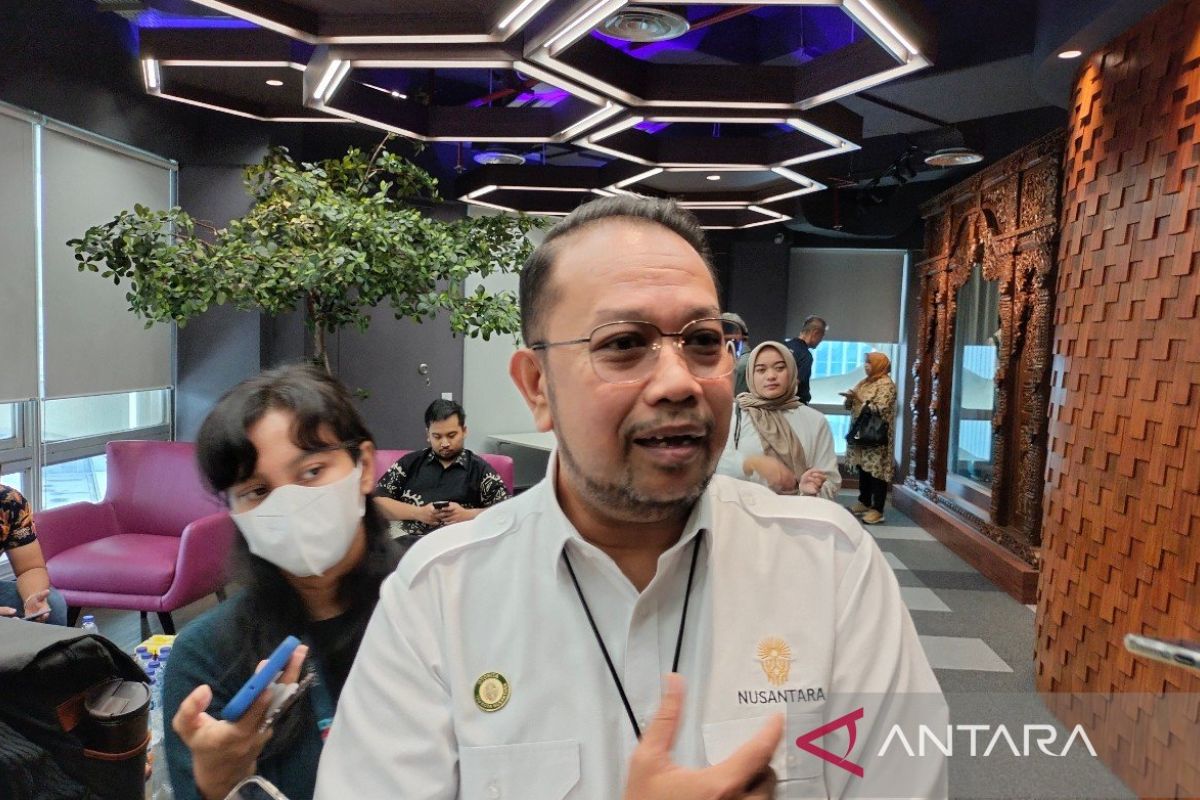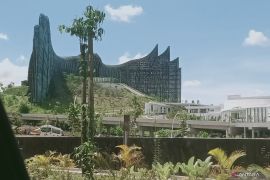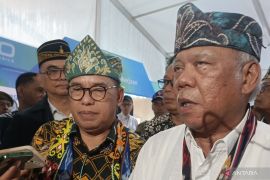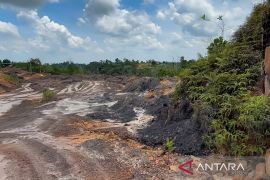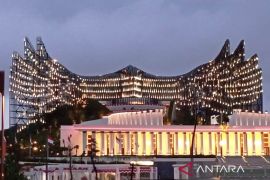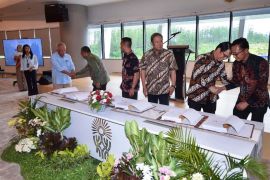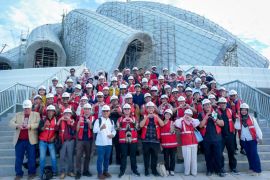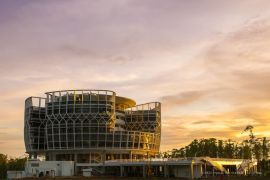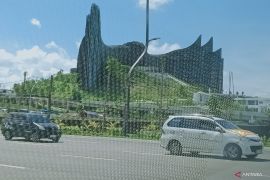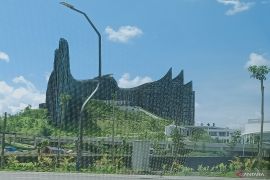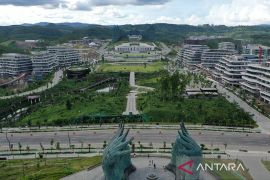Urban mobility plays the role as a backbone of the new capital city (IKN) Nusantara currently being constructed in East Kalimantan Province, the Nusantara Capital Authority (OIKN) stated on Tuesday.
"The backbone of the IKN is urban mobility," OIKN's Chief of Urban Mobility, Resdiansyah, remarked in Jakarta.
Resdiansyah observed that development of the transportation sector should not neglect the aspects of land use and transport interaction, as he believes that the sector will always serve as the backbone of development of new regions.
He noted that the future capital city of Indonesia is being developed by adopting the so-called concept of 10-minute city, with the aim of facilitating its residents to have a high level of mobility by optimizing means of public transport.
"The government is developing Nusantara by adopting the 10-minute city concept. We will ensure that the people will have active mobility by promoting the use of infrastructure for pedestrians and cyclists while prioritizing means of public transport," Resdiansyah elaborated.
The official further explained that adoption of the concept is aimed at ensuring that it will only take approximately 10 minutes for the residents of Nusantara to go to work using mass transport.
According to Law No. 3 of 2022 concerning IKN, the government envisions Nusantara as a city whose residents do not heavily rely on private vehicles. To that end, the government is using the approach of transit-oriented development (TOD) in developing the city.
The IKN is being developed as a compact and highly dense environment that serves as a suitable living place for its people and accommodates them to reach destinations on foot as well as by bicycles and public transport.
Related news: OIKN launches the RLDC Zero Emissions Roadmap at COP28 Dubai
Related news: OIKN prepares for construction of world-class museum in new capital
Related news: Russia, US investors interested in Nusantara development: OIKN
"The backbone of the IKN is urban mobility," OIKN's Chief of Urban Mobility, Resdiansyah, remarked in Jakarta.
Resdiansyah observed that development of the transportation sector should not neglect the aspects of land use and transport interaction, as he believes that the sector will always serve as the backbone of development of new regions.
He noted that the future capital city of Indonesia is being developed by adopting the so-called concept of 10-minute city, with the aim of facilitating its residents to have a high level of mobility by optimizing means of public transport.
"The government is developing Nusantara by adopting the 10-minute city concept. We will ensure that the people will have active mobility by promoting the use of infrastructure for pedestrians and cyclists while prioritizing means of public transport," Resdiansyah elaborated.
The official further explained that adoption of the concept is aimed at ensuring that it will only take approximately 10 minutes for the residents of Nusantara to go to work using mass transport.
According to Law No. 3 of 2022 concerning IKN, the government envisions Nusantara as a city whose residents do not heavily rely on private vehicles. To that end, the government is using the approach of transit-oriented development (TOD) in developing the city.
The IKN is being developed as a compact and highly dense environment that serves as a suitable living place for its people and accommodates them to reach destinations on foot as well as by bicycles and public transport.
Related news: OIKN launches the RLDC Zero Emissions Roadmap at COP28 Dubai
Related news: OIKN prepares for construction of world-class museum in new capital
Related news: Russia, US investors interested in Nusantara development: OIKN
Translator: Aji Cakti, Tegar Nurfitra
Editor: Azis Kurmala
Copyright © ANTARA 2023
